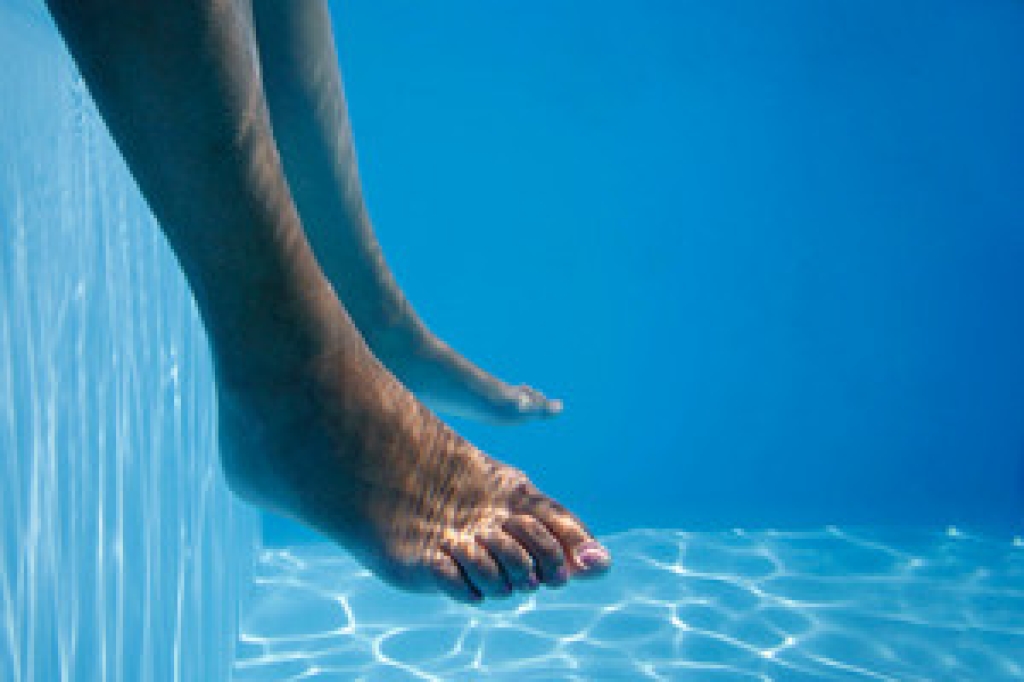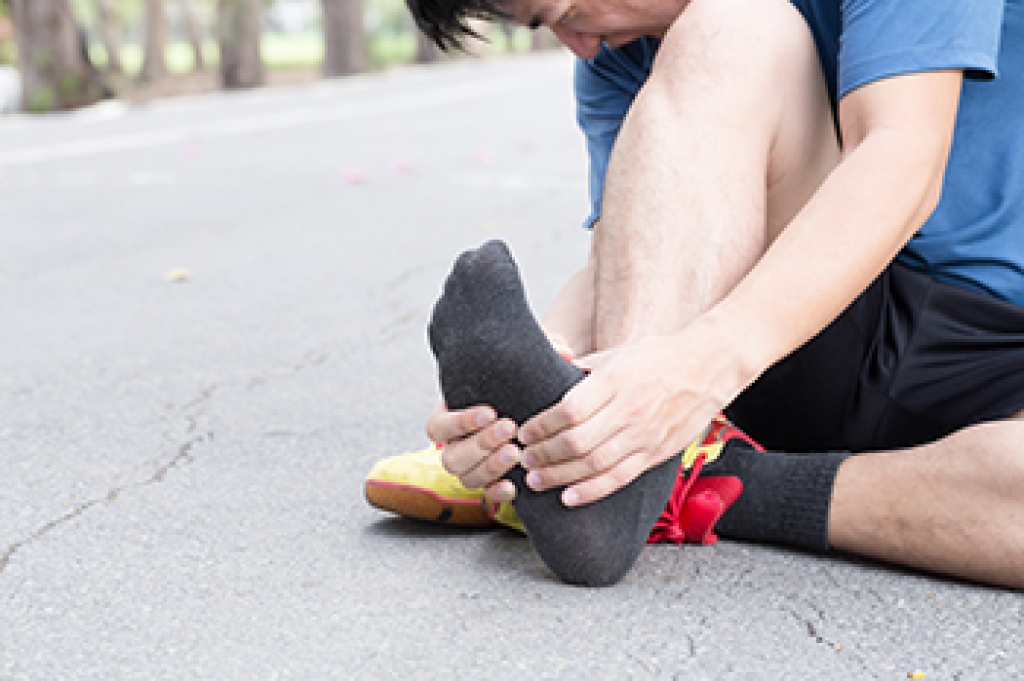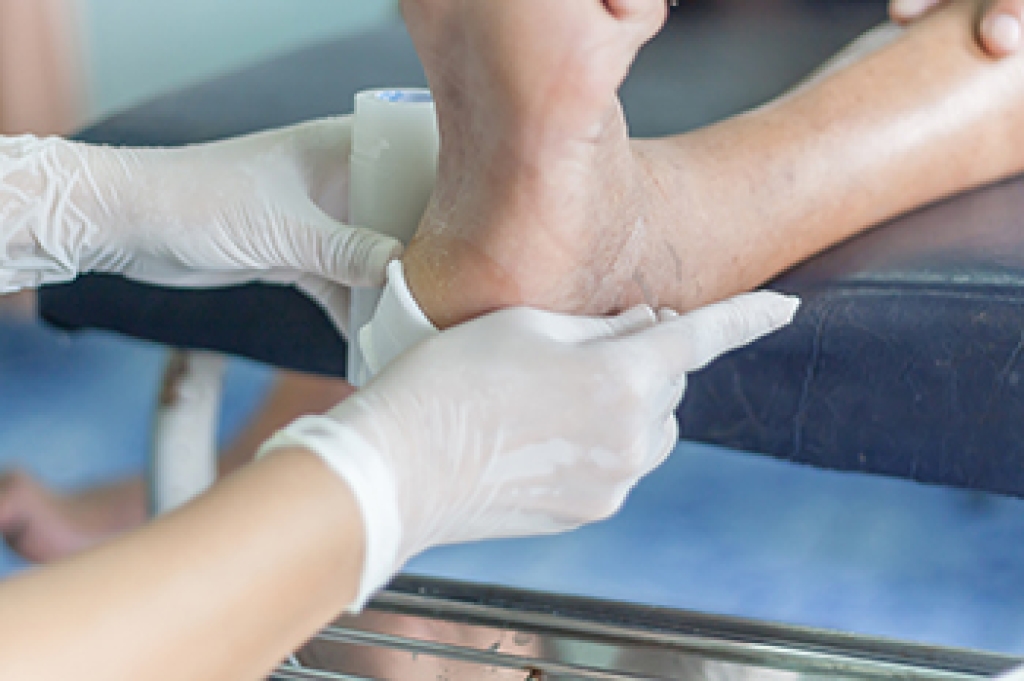
Foot and ankle pain during multi-day bike rides is common due to prolonged pressure, repetitive motion, and improper shoe fit. One of the most frequent complaints is hot foot. This is a burning sensation in the ball of the foot, caused by nerve compression and restricted circulation inside tight cycling shoes. Symptoms include numbness, tingling, and intense heat that worsens with distance. Pain along the outside edge of the foot can result from poor cleat alignment or uneven pressure distribution. Achilles tendonitis may also develop from overuse and improper bike positioning, leading to stiffness and soreness at the back of the heel. A podiatrist can assess biomechanics and recommend solutions. If you have foot pain during your bike rides, it is suggested that you consult a podiatrist who can offer effective relief and treatment solutions, getting you back to riding your bike comfortably.
Sports related foot and ankle injuries require proper treatment before players can go back to their regular routines. For more information, contact Soorena Sadri, DPM of FootWorx Active Podiatry. Our doctor can provide the care you need to keep you pain-free and on your feet.
Sports Related Foot and Ankle Injuries
Foot and ankle injuries are a common occurrence when it comes to athletes of any sport. While many athletes dismiss the initial aches and pains, the truth is that ignoring potential foot and ankle injuries can lead to serious problems. As athletes continue to place pressure and strain the area further, a mild injury can turn into something as serious as a rupture and may lead to a permanent disability. There are many factors that contribute to sports related foot and ankle injuries, which include failure to warm up properly, not providing support or wearing bad footwear. Common injuries and conditions athletes face, including:
- Plantar Fasciitis
- Achilles Tendinitis
- Achilles Tendon Rupture
- Ankle Sprains
Sports related injuries are commonly treated using the RICE method. This includes rest, applying ice to the injured area, compression and elevating the ankle. More serious sprains and injuries may require surgery, which could include arthroscopic and reconstructive surgery. Rehabilitation and therapy may also be required in order to get any recovering athlete to become fully functional again. Any unusual aches and pains an athlete sustains must be evaluated by a licensed, reputable medical professional.
If you have any questions please contact our office located in Fort Myers, FL . We offer the newest diagnostic and treatment technologies for all your foot and ankle needs.




